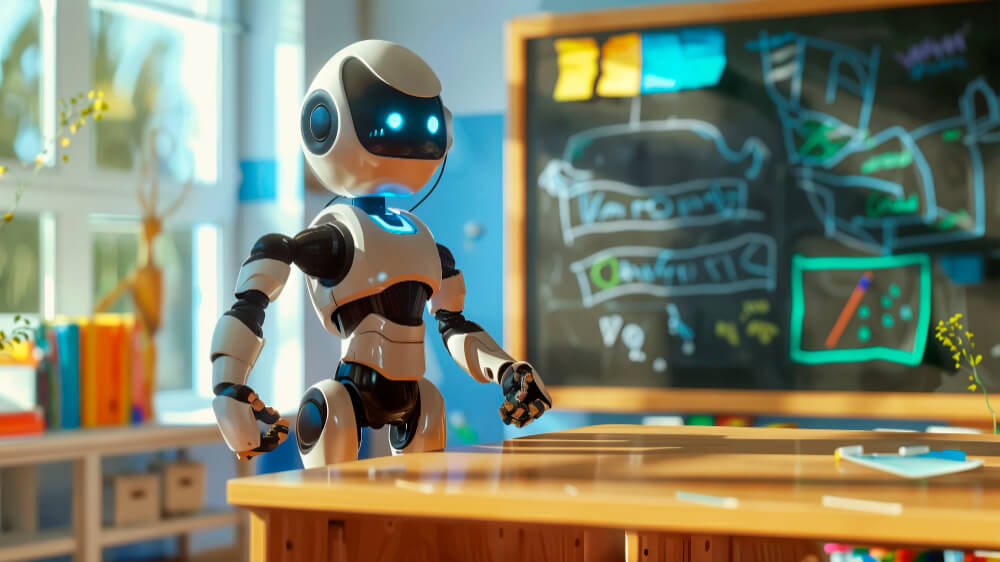
AI Revolution in Education: Transforming Learning for 2025 and Beyond
Artificial Intelligence (AI) is revolutionizing the education system, reshaping how students learn, teachers teach, and institutions operate. By 2025, AI’s integration into education is driving personalized learning, streamlining administrative tasks, and enhancing accessibility, while raising critical ethical questions. This blog explores AI’s transformative applications, benefits, challenges, and future trends, drawing insights from sources like EdTech Magazine and UNESCO. The global AI in education market is projected to reach $20 billion by 2027, per Forbes.
Personalized Learning with AI
AI-powered platforms like DreamBox and Smart Sparrow deliver tailored learning experiences by adapting content to individual student needs. These systems analyze performance data to adjust difficulty levels and suggest resources, improving engagement and outcomes. EdTech Magazine reports that 65% of educators see improved student performance with AI-driven tools. However, Brookings notes that access disparities can exacerbate educational inequalities, limiting benefits for underserved communities.
Streamlining Administrative Tasks
AI automates time-consuming tasks like grading, scheduling, and attendance tracking, allowing educators to focus on teaching. Tools like Gradescope use AI to grade assignments with consistency, while chatbots handle student inquiries. eSchool News highlights that schools using AI for administration save up to 20 hours per week. Yet, Forbes warns that over-reliance on automation risks depersonalizing education.
AI in Virtual Classrooms
AI enhances virtual learning through intelligent tutors and language processing tools. Platforms like Duolingo use AI to provide real-time feedback, while virtual assistants support students in online classrooms. UNESCO emphasizes AI’s role in expanding access to education in remote areas. However, World Economic Forum cautions that technical infrastructure gaps can hinder adoption in low-income regions.
Ethical Challenges and Considerations
AI’s growth in education raises concerns about bias, privacy, and equity. Algorithms trained on biased data can perpetuate inequalities, as noted by Brookings. Student data privacy is another issue, with Forbes reporting that 90% of edtech apps collect sensitive data. Ensuring equitable access to AI tools remains a priority, especially for marginalized communities.
Future Trends in AI Education
By 2025, AI will power immersive learning through virtual reality (VR) and augmented reality (AR), creating interactive classrooms. World Economic Forum predicts AI will bridge global education gaps by translating content and personalizing curricula. Collaborative AI systems will also enable peer-to-peer learning, fostering creativity. However, UNESCO stresses the need for ethical frameworks to guide AI’s expansion.
Conclusion
AI is transforming education in 2025, offering personalized learning, efficiency, and global access. While challenges like bias and privacy persist, the potential for innovation is immense. Stay informed to harness AI’s power for a brighter educational future.
Welcome to ToolSnak.com – your one-stop destination for smart, simple, and free AI-powered tools designed to supercharge your writing and creativity.
How much did you enjoy AI Revolution in Education: Transforming Learning for 2025 and Beyond?
Related Articles
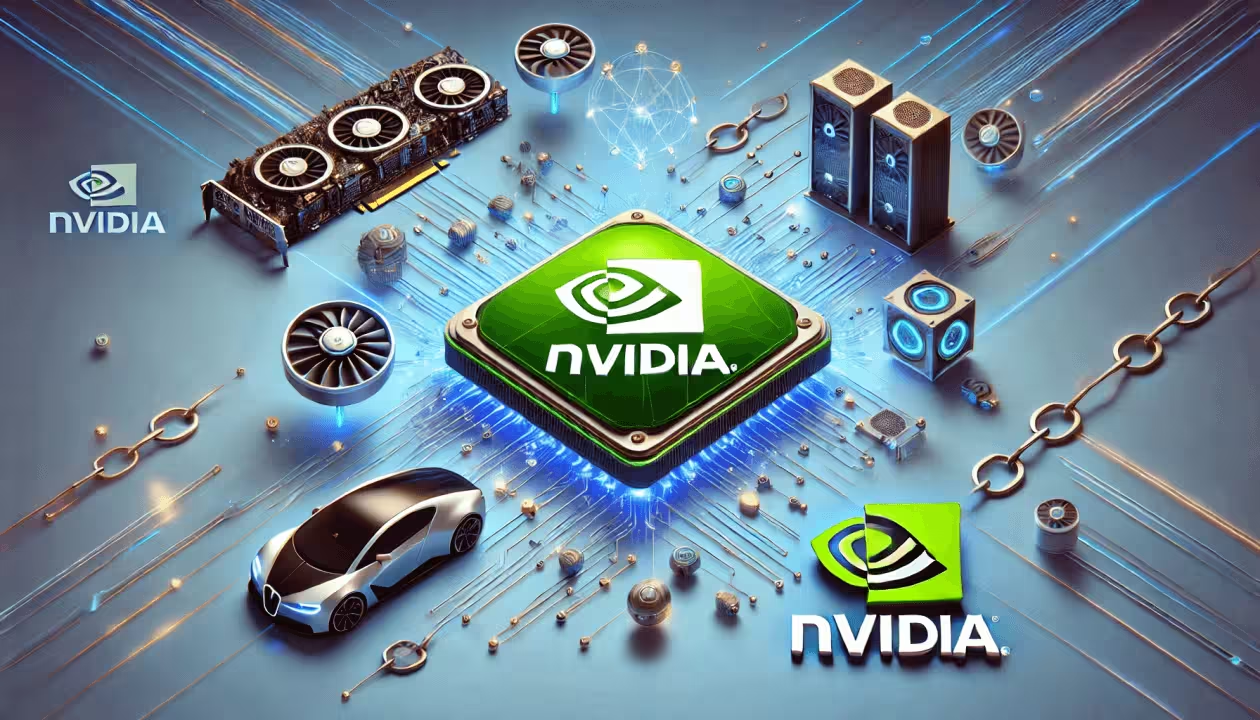
Jensen Huang's Strategic Moves to Maintain Nvidia's AI Leadership
Nvidia CEO Jensen Huang outlines plans to sustain the company's dominance in AI amid global challenges, including new technologies, partnerships, and geopolitical considerations.
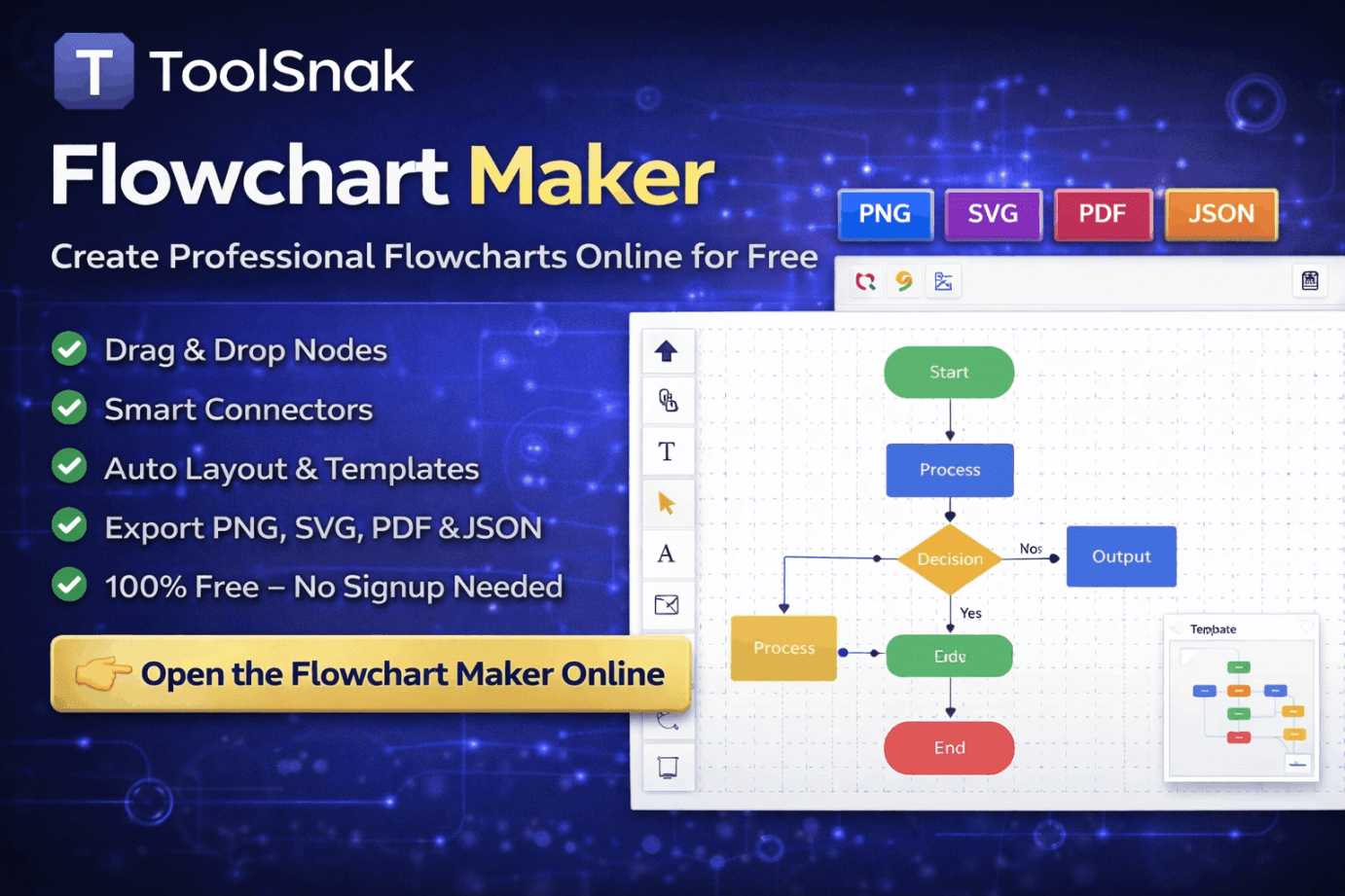
Flowchart Maker: Create Professional Flowcharts Online for Free
Create clear and professional flowcharts online using ToolSnak’s free Flowchart Maker. Drag-and-drop nodes, smart connectors, auto layout, templates, and export to PNG, SVG, PDF, or JSON.
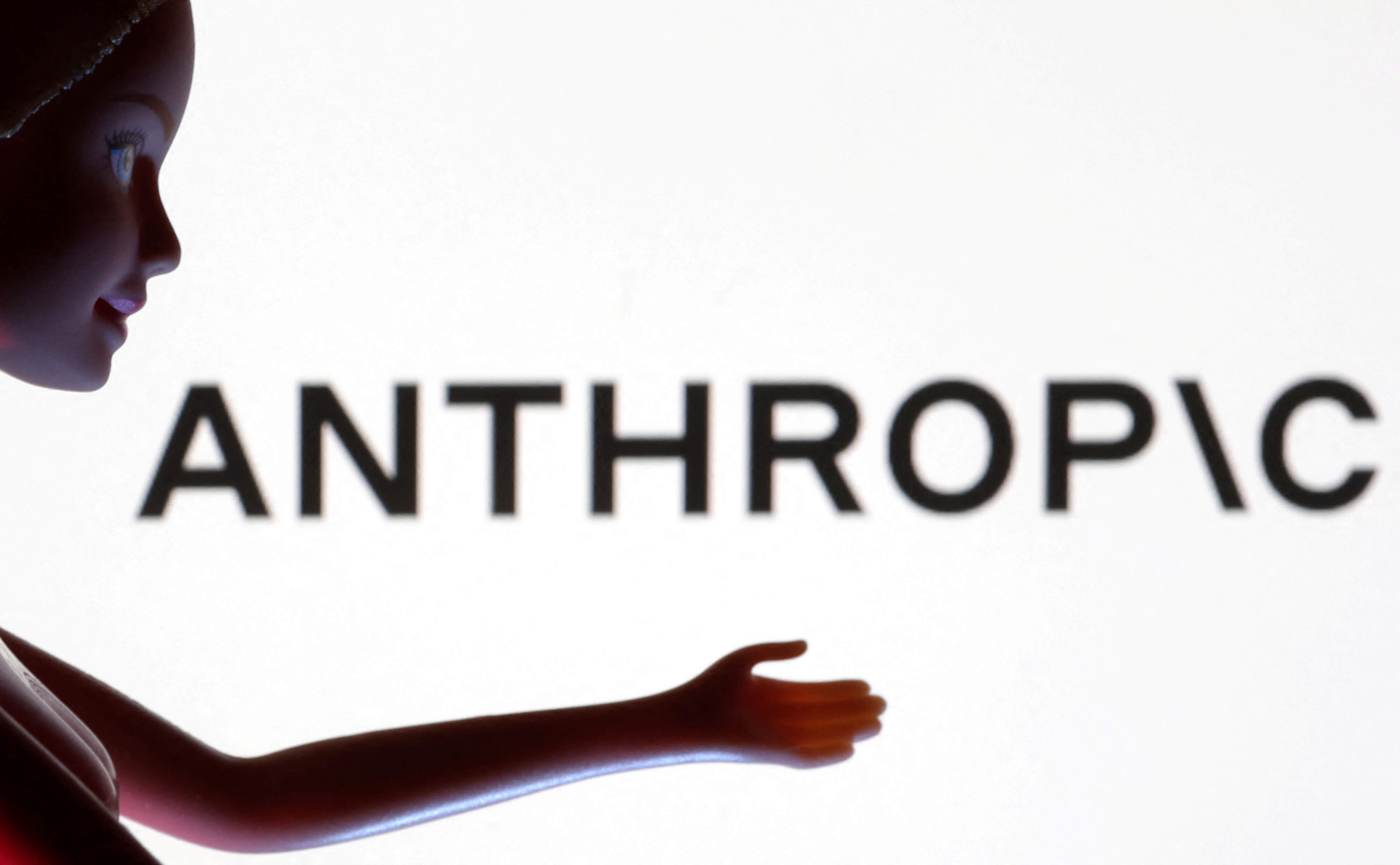
Claude 4: Anthropic’s AI Revolutionizing Coding and Beyond
Explore how Anthropic's Claude 4 is setting new standards in AI with advanced coding capabilities, extended context understanding, and ethical considerations.
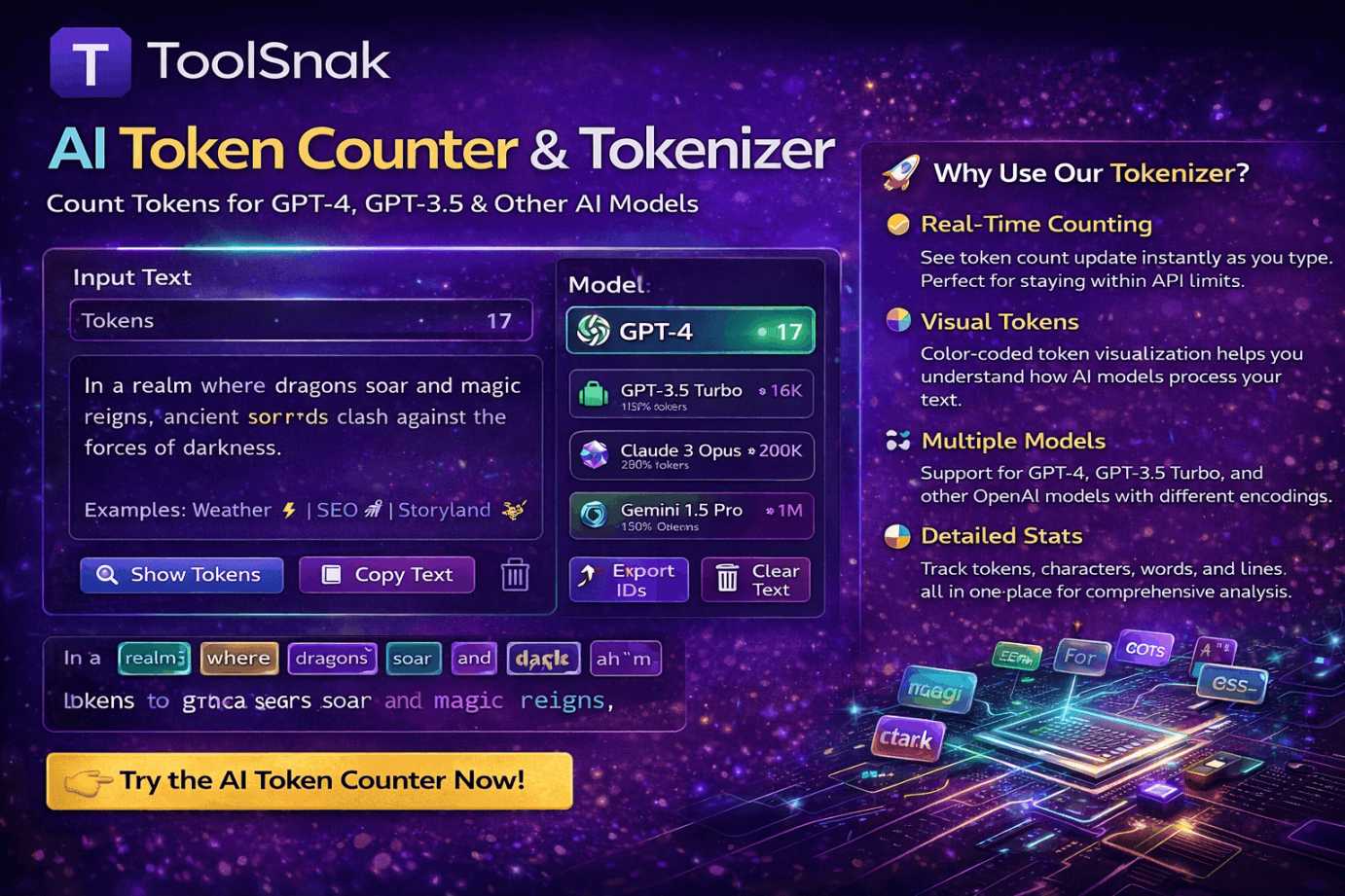
How to Use AI Token Counter & Tokenizer Tool
Learn how to use the AI Token Counter & Tokenizer in 2026 to count tokens accurately, optimize prompts, and stay within AI model limits.